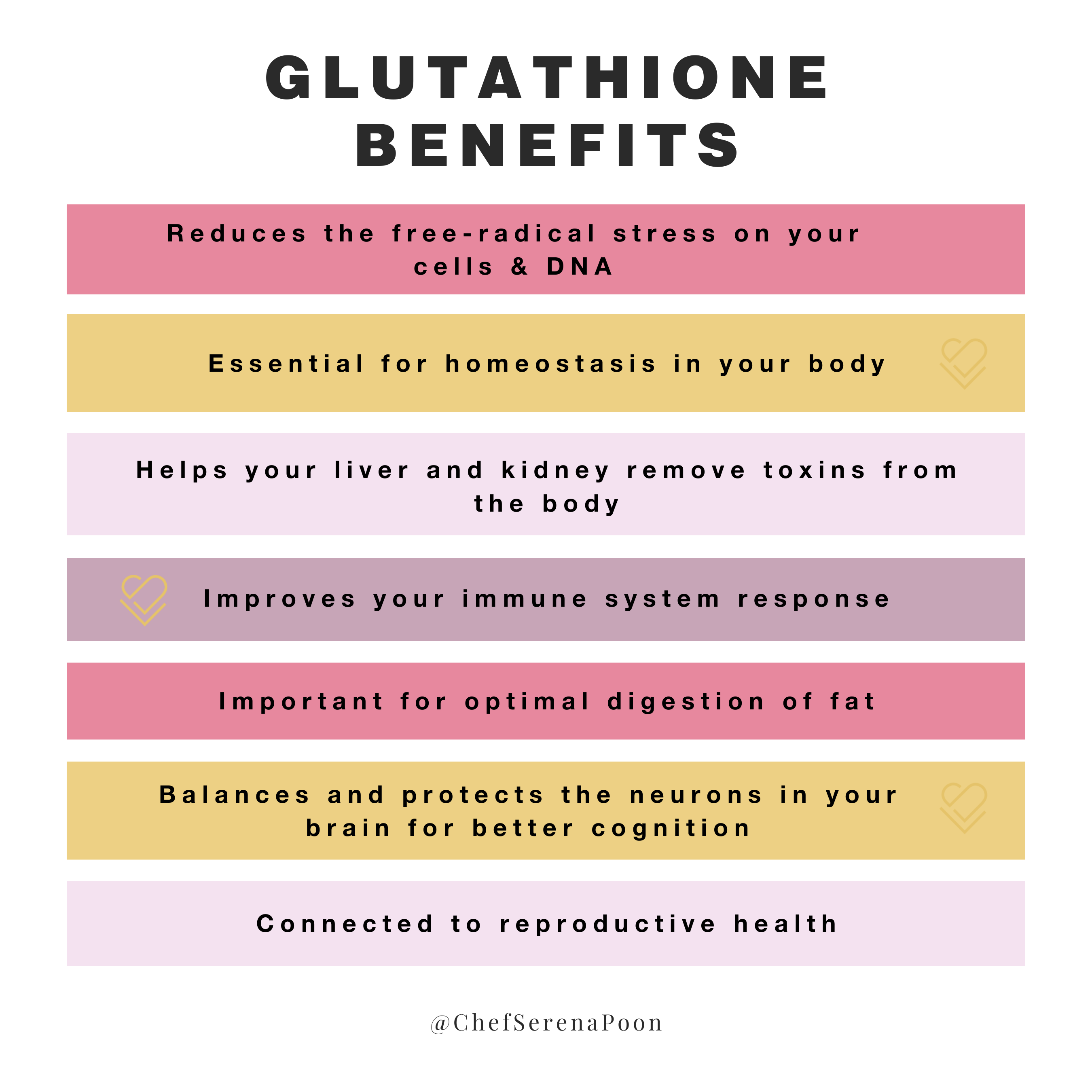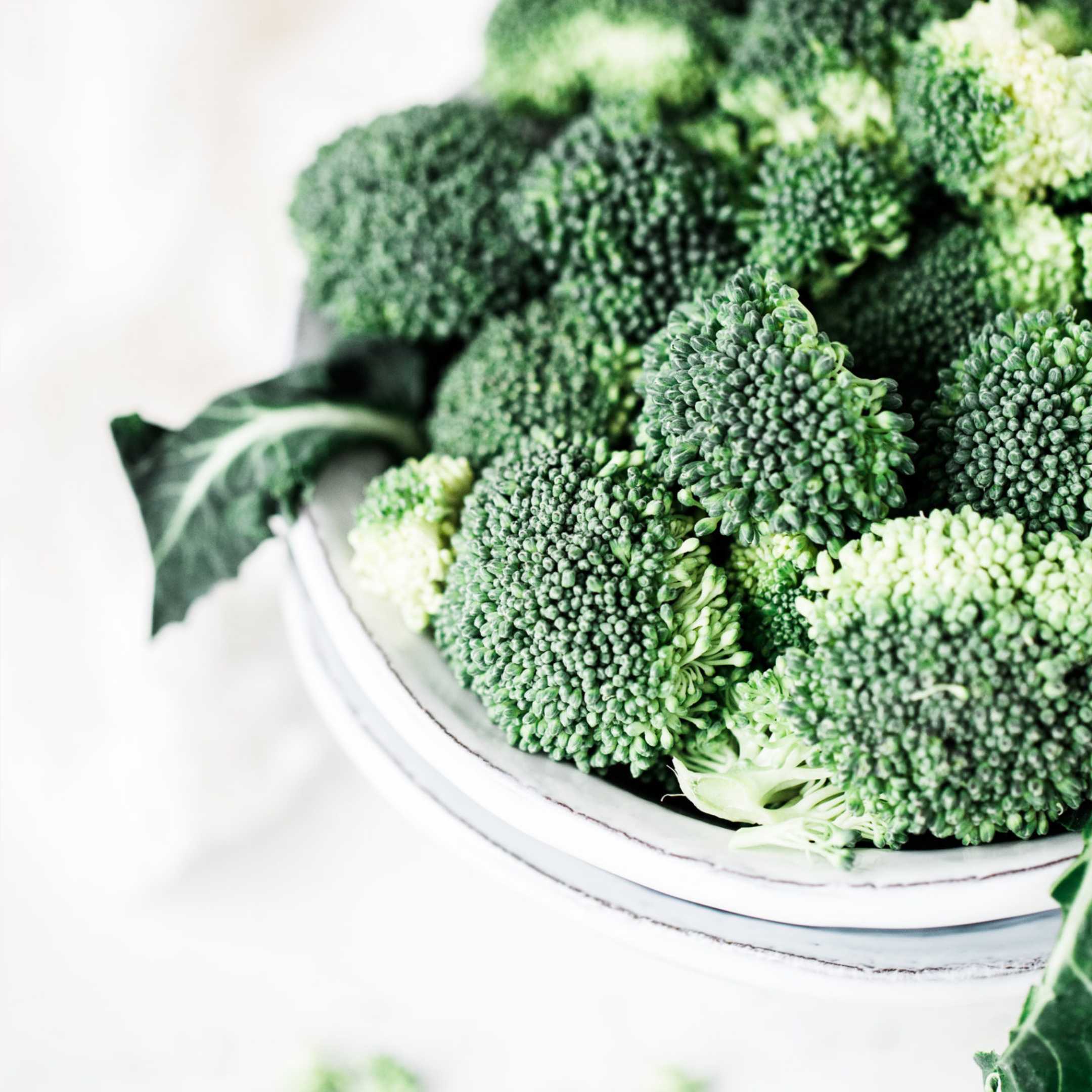Our bodies face threats all day from environmental toxins and self-induced stress. This includes UV rays, cigarette smoke, viruses and infections, and even exercise and pesticides found on the food we eat. These external threats are what we commonly refer to as free-radicals. Free-radicals damage cells in your body by “stealing” electrons, altering both cell membranes and DNA codes.
Because of the constant exposure to a multitude of free-radicals,, it is possible to develop a bodily condition called oxidative stress. This free-radical attack on your body obviously takes a toll, and that toll can cause rapid aging, chronic disease, cancers, cellular degeneration, vision loss, excessive stress, cognitive decline, and a weakened immune system.
For years it was thought that we could help our body fight back with free-radical fighting properties in certain foods called “antioxidants.” However, recently it has been discovered that free-radicals aren’t the actual cause of aging, and antioxidants don’t necessarily extend lifespan. So are they still good for you? Absolutely; keep reading.
HOW DO ANTIOXIDANTS WORK?
“Antioxidant” actually refers to the chemical property of a substance being able to act as an electron donor. Antioxidants slow and even prevent the excessive oxidation process caused by free-radicals. The oxidation process is a natural process, but with the daily toxic exposure we face, the immune system becomes disoriented and overreacts, sending inflammatory cytokines into the body that damage cells.. Antioxidants are the sidekick your immune system needs – offering electrons to free-radicals, repairing DNA, and healing other cellular damage.
Antioxidants still have benefits worth praising when it comes to preserving health. For example, the anti-inflammatory properties, epigenetic cues, and mitochondrial activity of these foods contribute to longevity in different ways. Foods that contain antioxidant properties improve gut health, don’t overstimulate the aging pathways, help deliver essential vitamins and minerals throughout your body, and improve mitochondrial function.
Did you know that there are hundreds of different antioxidants, and that they do different things? Antioxidants each have different properties and behaviors and play unique roles in the oxidative process. For example there are polyphenols, flavonoids, catechins, carotenoids, phenolic acid, and even the master antioxidant, glutathione. Some help with specific organs, reduce inflammation, and strengthen cells, while others help protect your cells from diseases or generate cellular energy.
ANTIOXIDANTS AND LONGEVITY
Free-radicals might not be the “bad guy” after all!
A study published in the PLOS journal explains how free-radicals may even extend lifespan by functioning as a warning sign to fire up your cell’s natural defense mechanisms. Free-radicals send your body into detox mode, or signal the need for repair of enzymes and proteins. For example, the message exercise sends – damage and the need for repair – trains your cells to come back stronger the next time around. This strengthening of your cells contributes to reducing the signs of aging and protecting you against age-related diseases.
This being said, oxidative damage can occur due to other reasons than free-radials…reasons that actually do contribute to aging. Two of them being DNA damage and mitochondrial dysfunction. This is where antioxidants step in, as antioxidant-rich foods can be anti-aging aids in both of these areas.
WHICH FOODS HAVE ANTIOXIDANTS?
It is important to note that these days our soil is not as rich in nutrients and minerals as it used to be, which makes it hard to get all of the antioxidants your body could really use. It might be useful to consider taking an antioxidant supplement, like Just Add Water®, with extra superfoods. That being said, these are some of our favorite plant-based food sources of antioxidants you can pick up at the grocery store! (Remember to buy organic if possible)
- Vitamin C: Broccoli, Brussels sprouts, cantaloupe, cauliflower, grapefruit, leafy greens (turnip, mustard, beet, collards), acerola cherry, honeydew, kale, kiwi, lemon, orange, papaya, snow peas, strawberries, sweet potato, tomatoes, and bell peppers
- Vitamin E: Almonds, avocado, Swiss chard, leafy greens (beet, mustard, turnip), peanuts, red peppers, spinach (boiled), and sunflower seeds. FUN FACT – there are eight chemical forms of vitamin E present in foods
- Carotenoids including beta-carotene and lycopene: Apricots, asparagus, beets, broccoli, cantaloupe, carrots, bell peppers, kale, mangos, turnip and collard greens, oranges, peaches, pink grapefruit, pumpkin, winter squash, spinach, sweet potato, tangerines, tomatoes, and watermelon
- Vitamin B12 Supplements
- Selenium: Brazil nuts, barley, and brown rice
- Zinc: Sesame seeds, pumpkin seeds, chickpeas, lentils, cashews, and fortified cereals
- Iron: Iron-rich food sources include red meat, poultry, fish, lentils, beans, tofu, chickpeas, spinach, soybeans, and more.
- Phenolic compounds:
- Quercetin (apples, red wine, onions)
- Catechins (tea, cocoa, berries)
- Resveratrol (red and white wine, grapes, peanuts, berries)
- Coumaric acid (spices, berries)
- Anthocyanins (blueberries, strawberries)
BENEFITS OF EATING MORE FOODS WITH ANTIOXIDANTS
Antioxidants give your immune system more energy to do important tasks. This leads to benefits like improved sleep, better brain function, improved cellular communication, more stamina and strength for workouts, the shedding of excess pounds, healthy and glowing skin, reduced signs of aging from protecting your DNA, and improved organ function! Magnesium supplements can also help in your way of achieving a more healthy lifestyle.
ANCIENT ANTIOXIDANT SUPERFRUIT
The acerola cherry has been a superfood since the time of the Amazonian Indians in South America. The natives noticed the benefits of what we now know to be the high vitamin C content. The vitamin C level of acerola is 30x greater than fruits you’d think of – like oranges. This superfruit is also high in vitamin A, vitamin B group and minerals like iron, calcium, phosphorous, potassium and magnesium. One of our favorite nutritional benefits is its ANTIOXIDANT properties! These include polyphenolic anthocyanidin compounds like quercetin, and many others.
SCIENCE BACKED BENEFITS:
- Improved digestion
- A healthy heart
- Cancer prevention
- Balanced blood sugar levels
- Healthy aging
- Brain health support
- Reduced fatigue
- Improved metabolism
- Weight loss
ALL ABOUT GLUTATHIONE
Glutathione, or “the master antioxidant” is found abundantly in our bodies. It helps us to fight the stressors of modern life while also protecting against heart disease, strokes, and Alzheimer’s Disease. This master antioxidant actually helps to boost and recycle other antioxidants. When your body has abundant levels of this antioxidant, you will notice vibrant energy, glowing skin, a sharp brain, and a healthy heart. Glutathione is associated with longevity for its benefits listed below:
- Reduces the free-radical stress on your cells & DNA
- Protects your mitochondria
- Helps your liver and kidney remove toxins from the body that can become free radicals
- Shown to help decrease wrinkles, hyperpigmentation, and psoriasis, and increase skin elasticity
- Improves your immune system response
- Important for optimal digestion of fat
- Balances and protects the neurons in your brain for better cognition
- Essential for homeostasis in your body
- Connected to reproductive health

Glutathione is found abundantly in meat and moderately in fruits and veggies. Here is how to get this antioxidant on a plant-based diet:
- Eat foods rich in sulfur, which helps your body make glutathione (garlic, onions, cruciferous veggies)
- Consume foods high in selenium (such as brown rice and brazil nuts)
- Supplement with milk thistle for the silymarin
- Enjoy turmeric and curcumin, which increase glutathione levels
- Practice regular exercise
- Get quality rest
- Reduce exposure to toxic chemicals
In Conclusion…
Although they are not the main ingredient in extending your lifespan, I recommend eating a whole food diet with lots of “superfoods” like the ones that contain high antioxidant levels. Let me know if you found this blog helpful in the comments!
XO – Serena
by





